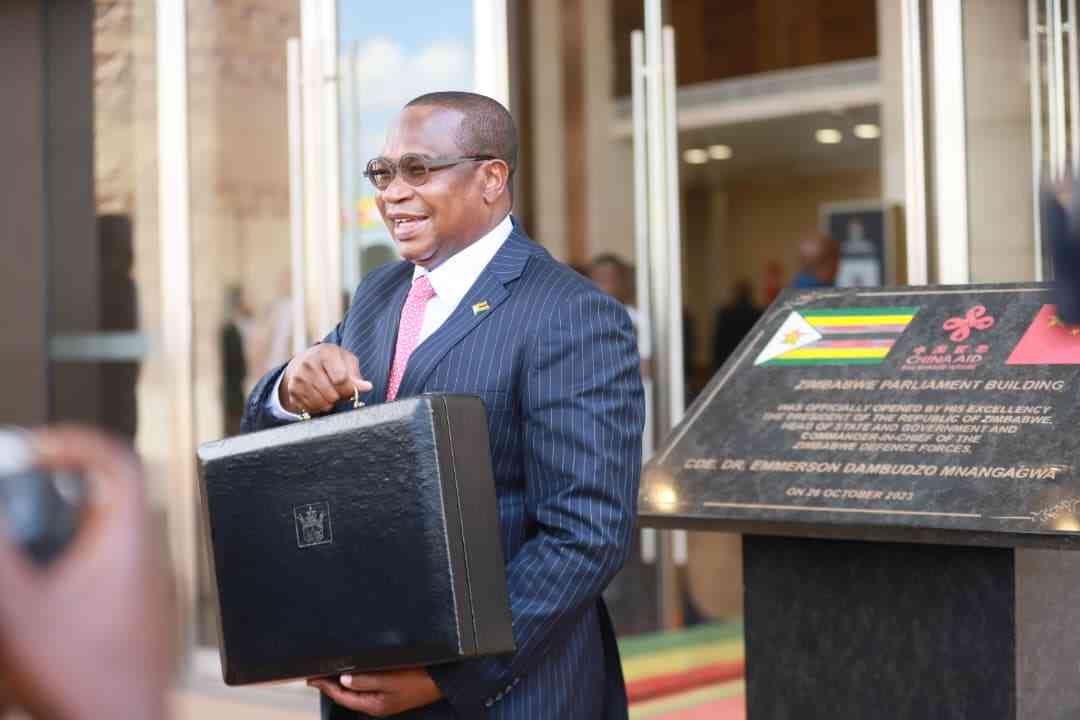
RENTALS in Zimbabwe’s cities and towns have declined by an average 20% in the last 18 months owing to the deteriorating economic environment which has affected disposable incomes, a research by the Real Estate Institute of Zimbabwe (Reiz) has shown.
BY TATIRA ZWINOIRA
This has led to bargaining power shifting from the landlords to the tenants, with the latter determining payable rentals.
The declining economic environment has also affected property management companies that have recorded an increase in the number of vacant premises as tenants move out.
In the half year ended June 30 2016, Zimre Property Investments saw its void rising to an average 25%, while rental income dropped 9% to $1,65 million.
In the residential areas, landlords have been forced to review downwards the rentals, notwithstanding the location. Some rentals have gone down by 50% as landlords fight to retain tenants.
In the Morningside suburb of Mutare rentals have gone down to between $300 and $500 per month from between $700 and $1 000 last year. Morningside is a low-density suburb in Mutare where the “well-to-do” tenants live.
Zimbabwe National Association of Housing Cooperatives (Zinahco) president Mike Duru told Standardbusiness that what was happening in Morningside reflected declining occupancy levels across the country in which landlords had to review their rentals downwards to attract tenants.
- Chamisa under fire over US$120K donation
- Mavhunga puts DeMbare into Chibuku quarterfinals
- Pension funds bet on Cabora Bassa oilfields
- Councils defy govt fire tender directive
Keep Reading
“They [tenants] are actually negotiating for lower rentals so that landlords can get someone to look after their houses,” Duru said.
Nationally, he said there was a growing trend of decongestion in high-density areas which were traditionally the cheapest in terms of rentals.
“The lodgers are moving to those areas where they are not victimised or asked to pay anything in terms of rentals. If landlords are not careful and maintain the high prices, they will find few takers,” Duru said.
“More tenants are moving into affordable places outside Harare going for less than $40 per room, that is, Domboshava, Epworth and Harare South, among others, and they are being driven by economic hardships, retrenchments and the closing down of companies,” Reiz research officer Francis Chinjekure said.
“Squatter camps have also mushroomed in and around Harare. Rentals in other suburbs are pegged at $70 per room plus electricity and municipal rates and water.
“Outside Harare the extra charges for water, electricity and rates can be less or non-existent.”
In Harare, Zinahco found a growing number of tenants running away from “expensive rentals” and were going to areas in the Mukuvisi River and Epworth to set up temporary accommodation to avoid rentals.
A growing number of land barons were exploiting these undesignated areas to lure unsuspecting tenants, a survey has shown.
A snap survey by Standardbusiness on houses in Harare advertised on the Classifieds website and on the country’s largest property online portal, Property, showed that houses with four or more bedrooms averaged $820 in rentals per month.
Rentals for houses with three bedrooms or less were averaging $500.
The snap survey was conducted on 10 houses —one house per suburb in each of Harare’s six boroughs, namely North, South, West, East, city centre and high-density areas.
Nationally, Reiz found a bachelor’s flat averaged between $200 and $250, one bed flat $300 and $450, two bed flat $450 and $600, three bed flat $700 and $900.
Houses in low-density suburbs averaged between $1 000 to $1 500, medium density $500 and $700, and high density $294 and $300.
“People are sharing accommodation or living with family and other relatives in order to save on rental costs,” Chinjekure said.
“Others are buying cheap stands through co-operatives, or moving to semi-urban places, that is, Domboshava, Epworth and Harare South where they buy pieces of land and put up temporary structures, for example, timber sheds and moving on site.
“Property returns are expected to continue to decline due to increasing debt levels, higher property voids, decreasing aggregate demand, a subdued economy and rent reductions.”
In sharing, the rentals for a two-bedroomed apartment are reduced to an average of $250 and $300 while a three-bedroomed flat will cost between $350 and $450.
On average, the majority of the working population is earning $500 a month and with costs in bills, levies and food, very little is left for rentals.
As such, companies have moved into the residential areas, running away from the central business district where office space is expensive.
Property analyst Washington Musiiwa said the reason why landlords were reducing their rentals was a disturbance in the supply and demand patterns for accommodation in the country.
“The current economic environment where salaries are low and intermittent or non-existent in some organisations, has affected rentals in a big way.
“This has led people to substitute expensive rentals with cheaper ones, putting downward pressure on rents,” Musiiwa said.
“The mushrooming of residential areas under housing cooperatives in a depressed economy like Zimbabwe has caused many former tenants to move away to such locations, becoming instant landlords.
“This in turn has led to many houses staying empty for a long time, eventually leading house owners to accept low rentals.”
He said traditionally people sought out new lodgings upon getting a new job, change in location, or a pay increment, but the situation was now different as most people have been reduced to vending for a living.
According to 2014 statistics from the National Vendors’ Union Zimbabwe (Navuz), there are about 5,7 million vendors countrywide.
According to a survey by Navuz, over 50% of the working population was into street vending and earning an average $150 per month.
In his 2017 national budget, Finance minister Patrick Chinamasa said there were various on-going government and private sector initiatives to address the housing challenges.
He said institutions such as CABS, Old Mutual, Infrastructure Development Bank of Zimbabwe, Fidelity Life Assurance, CFI Holdings, Nicoz Diamond, Zimre Property Investments, as well as individual churches, among others, would reduce the housing backlog, which currently stands at 1,2 million housing units.
An amount of $88,3 million would be earmarked for the sector, with $71,8 million in fiscal resources and $14,6 million in statutory funds, Chinamasa said.
The government has come up with a non-monetary benefit for its workers, offering residential stands to public servants for development of houses.
Four in five Zimbabweans in the central business district cited rentals as one of the main challenges they were faced with.











